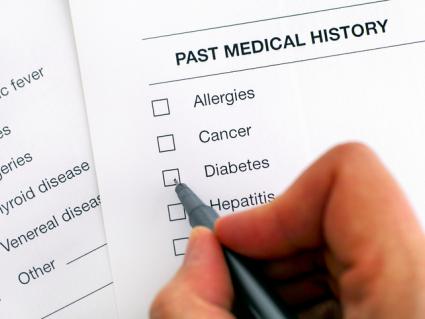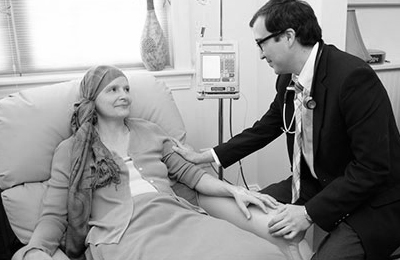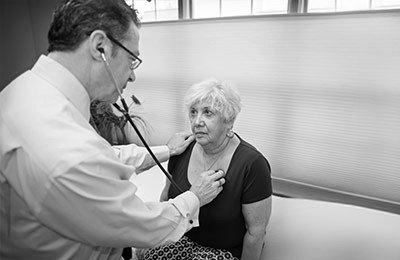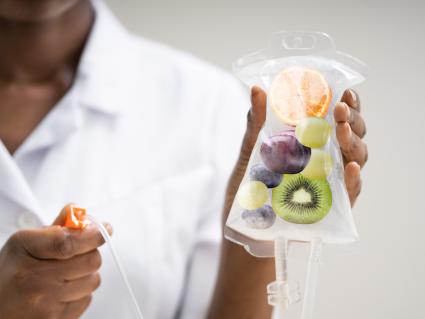Is There a Connection Between Cancer & Diabetes?

Research shows there may be a connection between certain types of cancer and diabetes.
Integrative medical therapies look to combine conventional medical treatments with safe natural therapies to provide the best treatment outcomes and an improved quality of life.
With a cancer diagnosis, conventional treatments often include specific targeted therapies such as surgery, chemotherapy, and radiation. These therapies address the cancer directly but do not address the cellular environment in which the cancer exists. What internal factors lead to cancer cell proliferation?
In July 2018 it was reported online in Medical News Today that the link between diabetes and cancer risk is “firmly established” (1). This was based on an article that was pulblished in Diabetologia (2).The article was an analysis that included 20 million individuals across the world and found that having diabetes not only increases cancer risk, but women with diabetes have a higher risk than men.
In an article jointly published by the American Diabetes Association and the American Cancer Society in 2010 (3), it reported that diabetes increased the risk by 50% or greater for liver, pancreas, and endometrial cancers, and 20-50% increase for colorectal, breast, and bladder cancer. The authors state that the possible biologic links with diabetes and cancer may include hyperglycemia (high blood sugar), hyperinsulinemia (high insulin), or chronic inflammation and that these mechanisms “may influence the neoplastic process”.
The research is becoming more apparent and clear that having type 2 diabetes increases cancer risk. There are multiple factors for developing diabetes such as obesity, poor diet, lack of exercise, tobacco and alcohol use, and age. Each of these factors could contribute to an increase risk in cancer. High blood sugar and high insulin levels may also be contributing factors. It is unlikely that only a single factor is leading to the increased risk. This is why at the Stram Center we use a whole-body approach to address the internal environment of the body. By assessing diet and lifestyle and looking at blood indicators such as glucose, HgA1c, fasting insulin, cholesterol and triglycerides, and markers for inflammation,we can tailor individualized plans accordingly. Our ultimategoal is to provide education and therapies that not only reduce cancer risk, growth, and recurrence, but also provide ways to feel your very best.
References
1. https://www.medicalnewstoday.
3. https://www.ncbi.nlm.nih.gov/





















